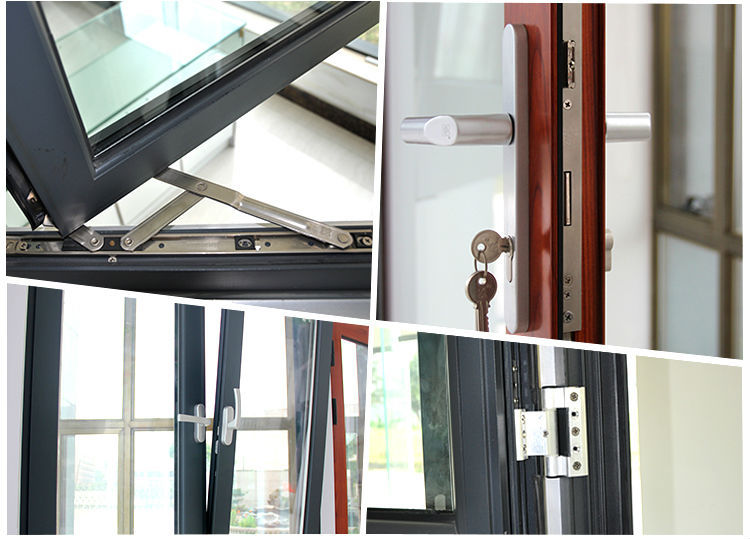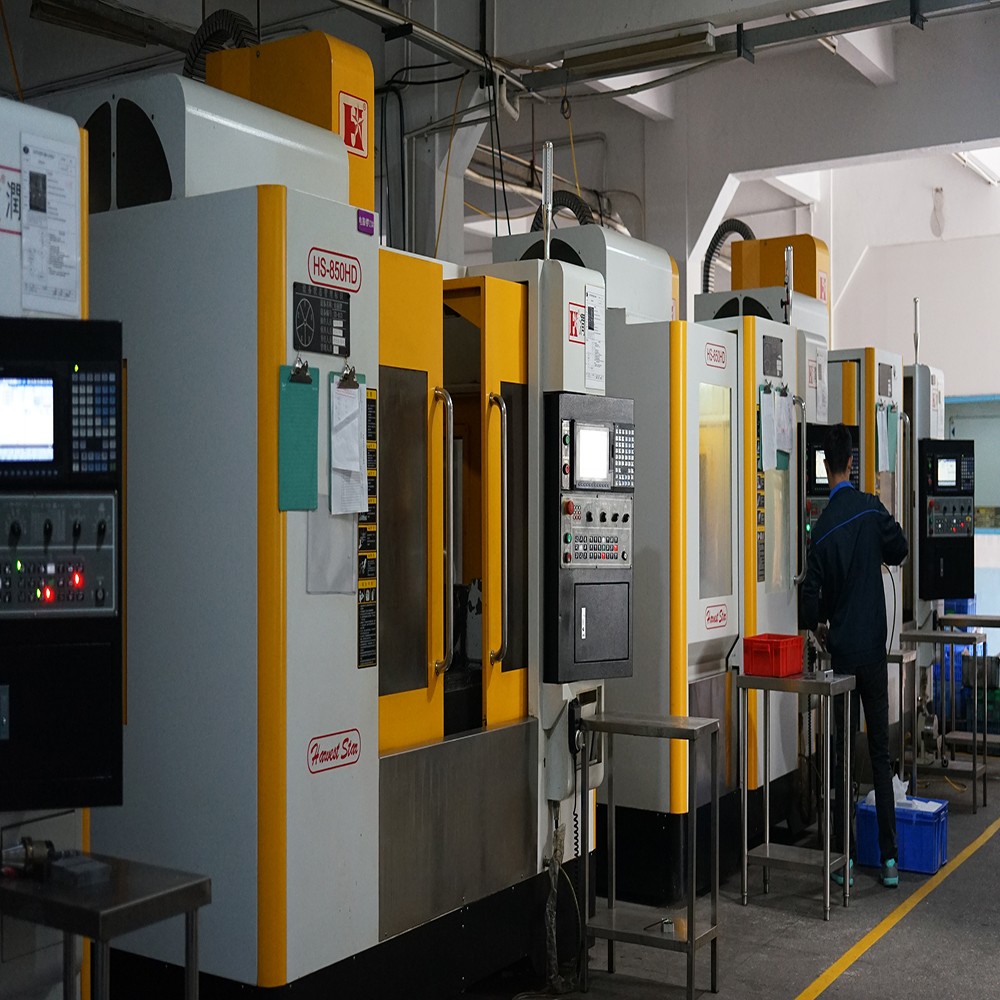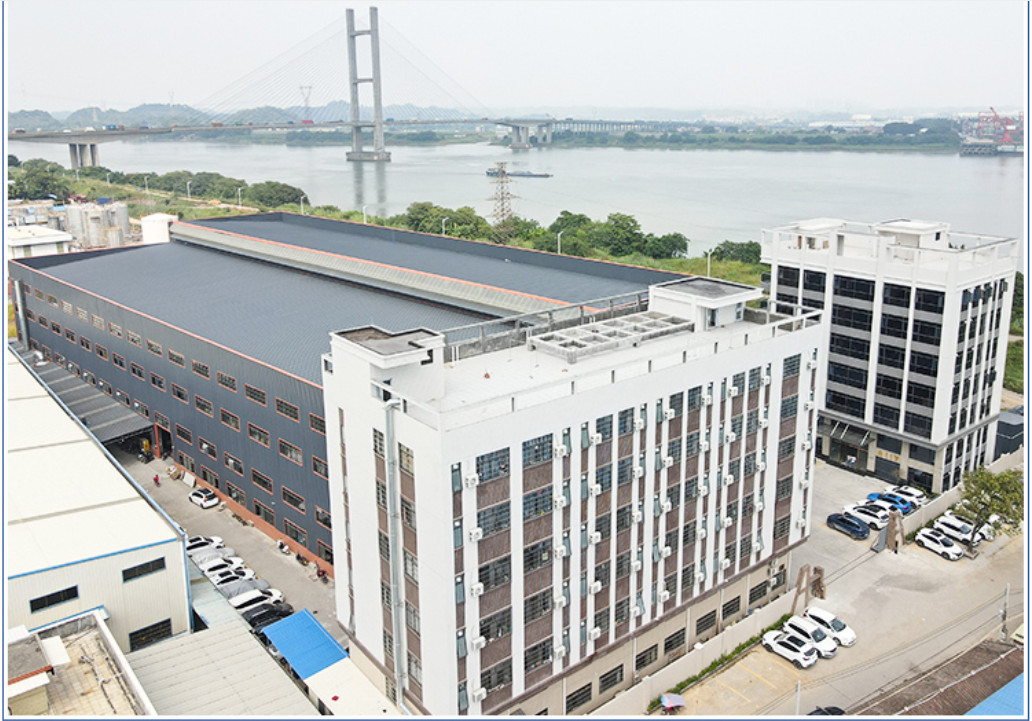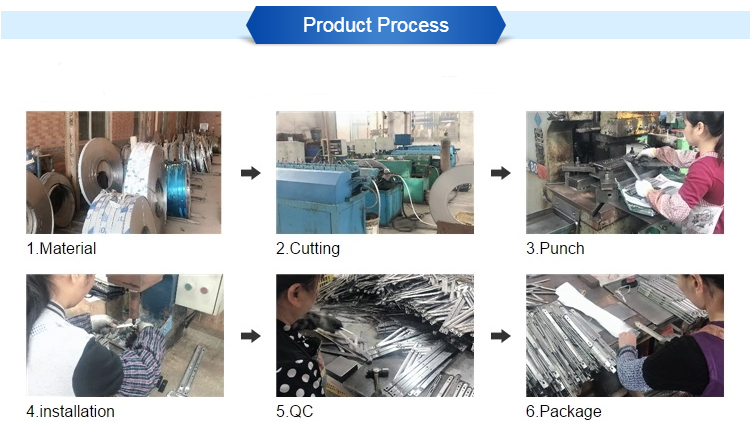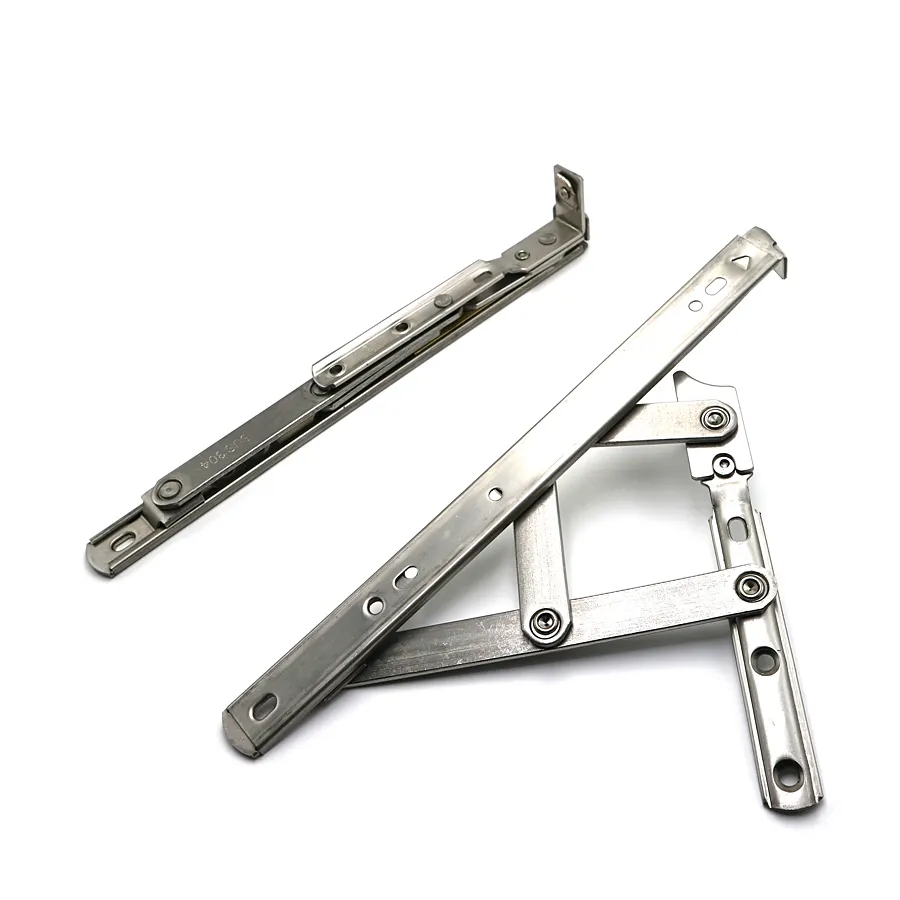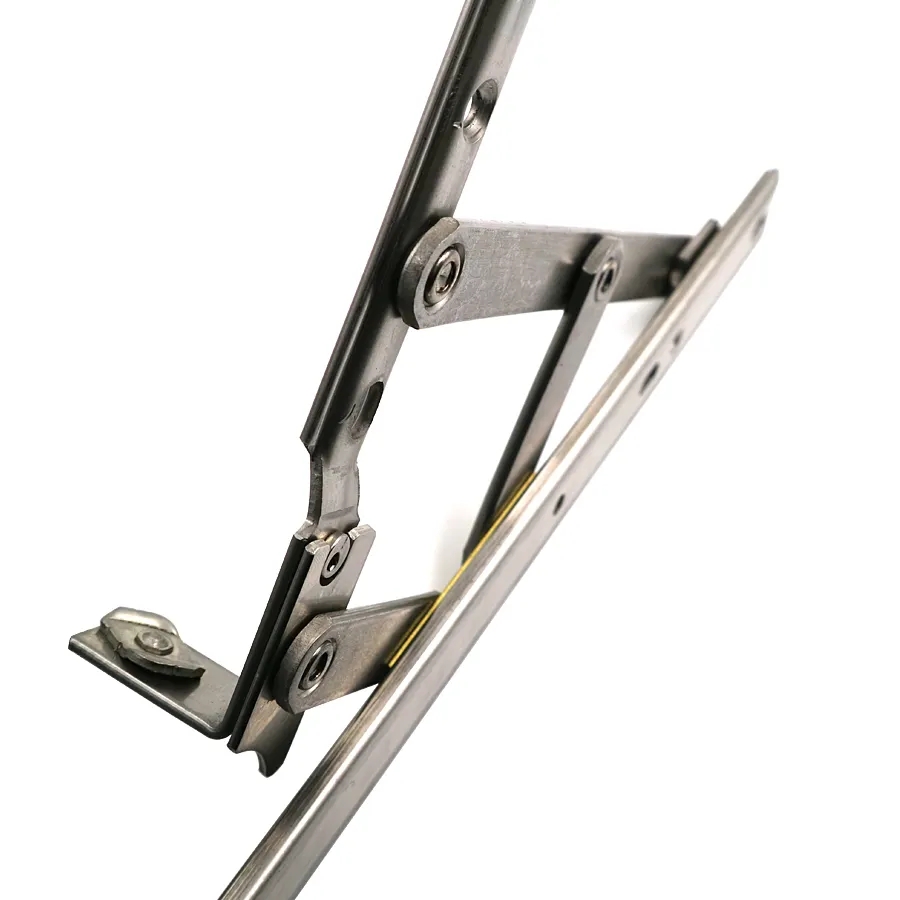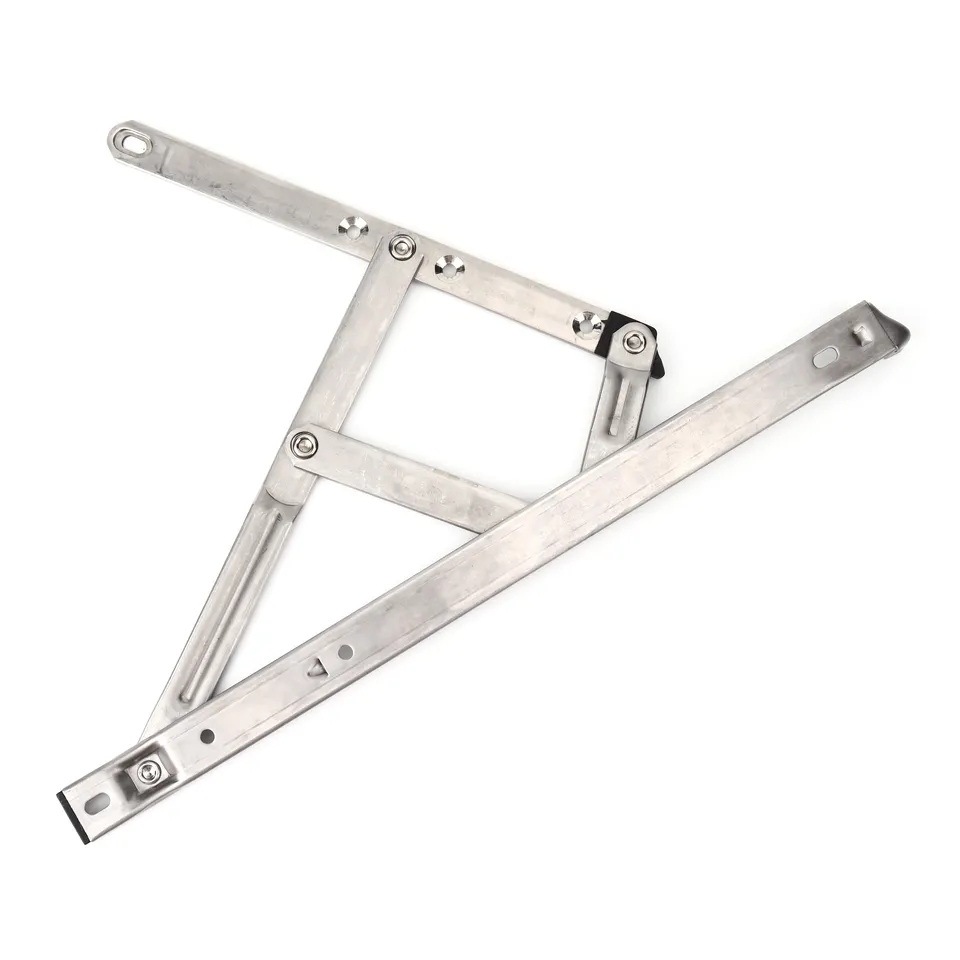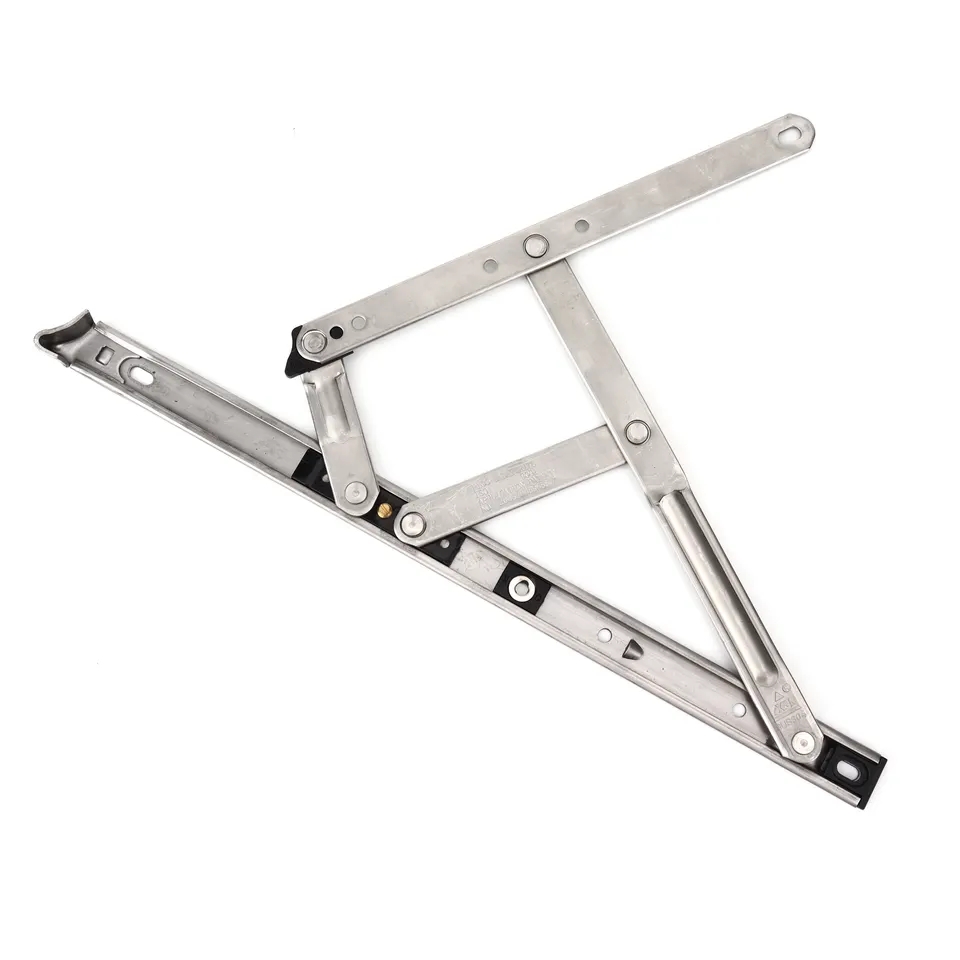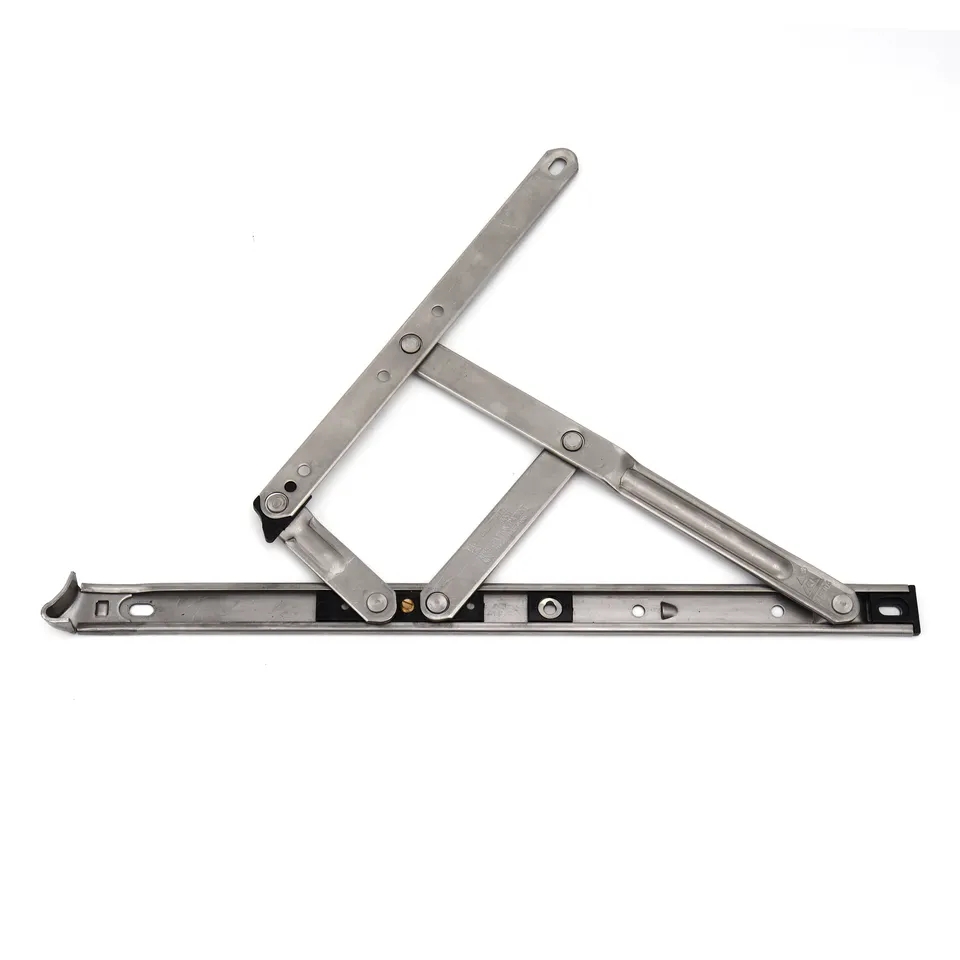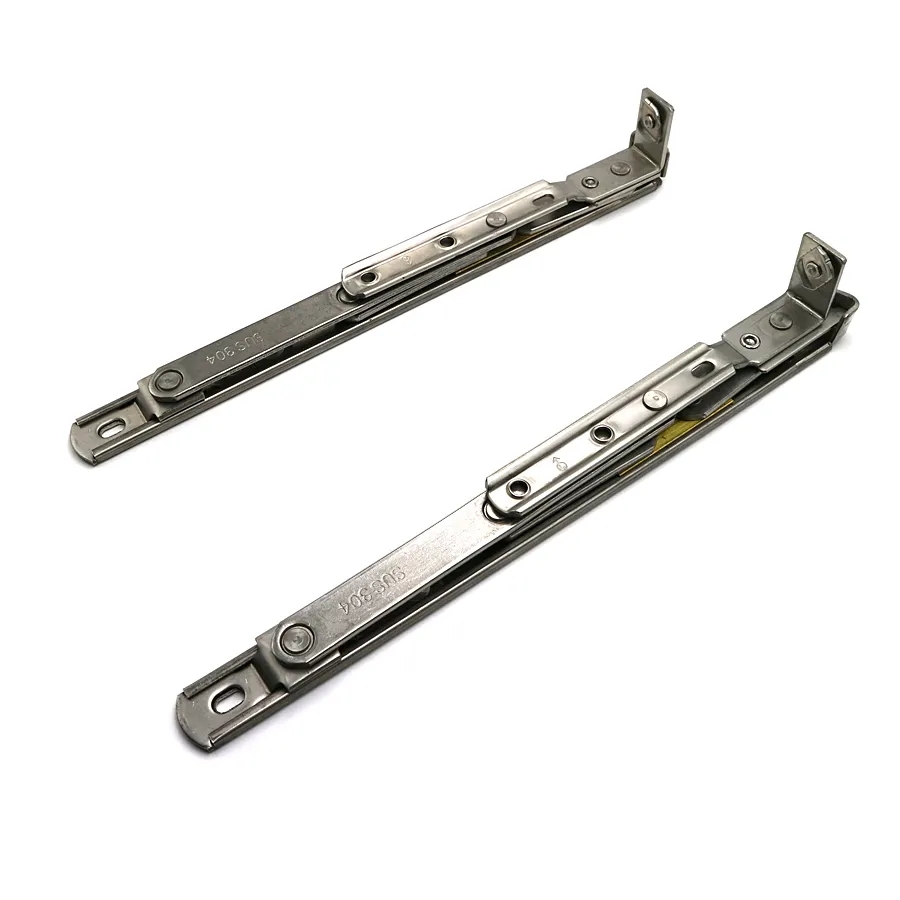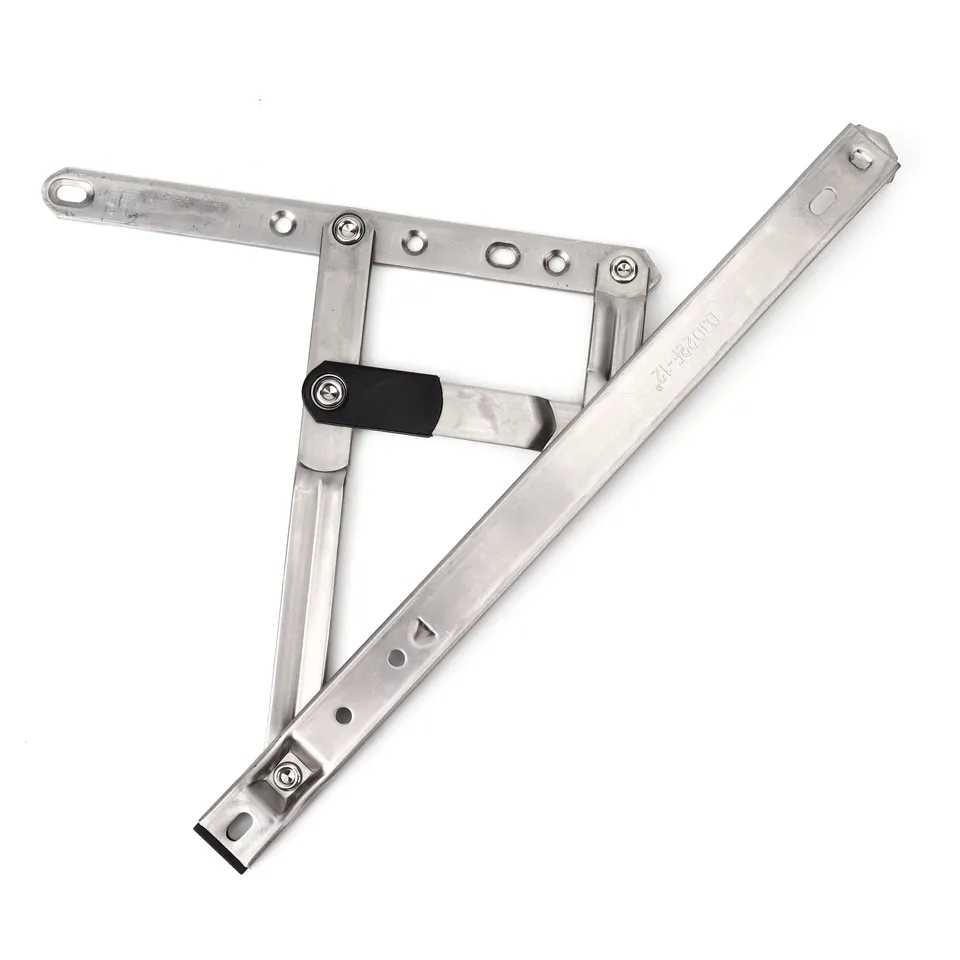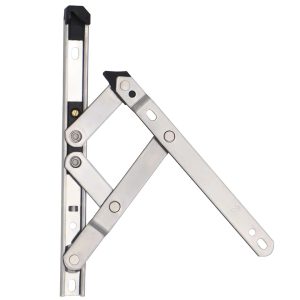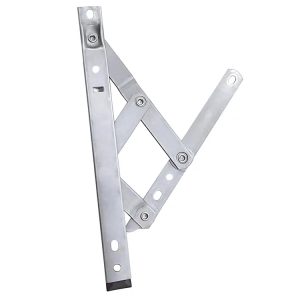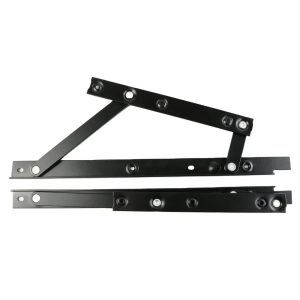Window Hinges: A Fusion of Elegance and Functionality in Architectural Composition
Introduction
In the realm of architectural innovation, where creativity merges with practicality, window hinges take center stage as the architects of a harmonious blend between visual elegance and functional efficiency. These seemingly modest components wield substantial influence, shaping both the aesthetic appeal and operational effectiveness of architectural spaces. This article delves into the captivating interplay between artistic expression and utilitarian purpose, orchestrated by the mechanism of window hinges.
Architectural Choreographers
Window hinges function as the choreographers of architectural movement. They set the tempo of interaction between indoor and outdoor spaces, guiding the choreography of how windows open and close. A pivot hinge introduces contemplative pauses, while a sliding hinge unveils panoramic scenes with the grace of a meticulously choreographed performance.
Design as Expressive Language
The design of window hinges is an expressive language that communicates architectural intent. Architects wield the creative brush to select hinges that resonate with the design vocabulary, either blending harmoniously or serving as focal points of aesthetic interest. The design of these hinges adds layers to a building’s narrative, conveying echoes of history, modernity, or visionary aspiration.
Engineering Precision as Architectural Craftsmanship
Beneath the surface aesthetics lies the architectural craftsmanship of engineering within window hinges. Engineers meticulously calculate forces, friction, and material strength to ensure the hinges operate seamlessly and endure over time. This fusion of engineering precision and architectural form elevates hinges from functional elements to refined artworks that symbolize the fusion of beauty and utility.
Aesthetic Harmony in Motion
Window hinges contribute to the aesthetic harmony of dynamic spaces. Architects can select hinges that seamlessly complement the architectural style, resulting in a synthesis of form and motion. The interplay between the hinge’s design and the overall aesthetics of the building crafts spaces that are both visually captivating and operationally efficient.
Bridging Tradition and Innovation
Window hinges serve as the bridge between architectural tradition and contemporary innovation. Reproduction hinges pay homage to design elements of the past, while modern hinges incorporate advanced materials and mechanisms. This interplay of heritage and progress tells a compelling story of architectural evolution.
Security with Subtle Sophistication
Modern window hinges seamlessly integrate security measures without undermining sophistication. Advanced locking systems and discreet designs offer occupants a sense of security without overshadowing the visual refinement of a space. These hinges exemplify the delicate balance of security and subtlety.
Advocates of Sustainable Design
Window hinges contribute to sustainable design by promoting natural ventilation and energy efficiency. Architects can strategically position windows to harness natural airflow, reducing reliance on mechanical cooling systems. Hinges become instrumental in crafting eco-conscious architectural solutions.
Envisioning the Future of Hinges
As architecture continues to evolve, window hinges will evolve as well. With advancements in materials, smart technology integration, and innovative design concepts, the role of hinges will transform. These hinges might embrace automation, adapt to changing environmental conditions, and incorporate materials with reduced ecological impact, further blurring the lines between aesthetics and function.
Conclusion
Window hinges stand as the envoys harmonizing architectural beauty and practical finesse. Beyond their mechanical function, they encapsulate the very essence of refined design and operational brilliance. Architects, in collaboration with window hinges, create spaces that transcend conventional boundaries, inviting inhabitants to partake in the symphony of aesthetics and utility within the ever-evolving canvas of architecture.
